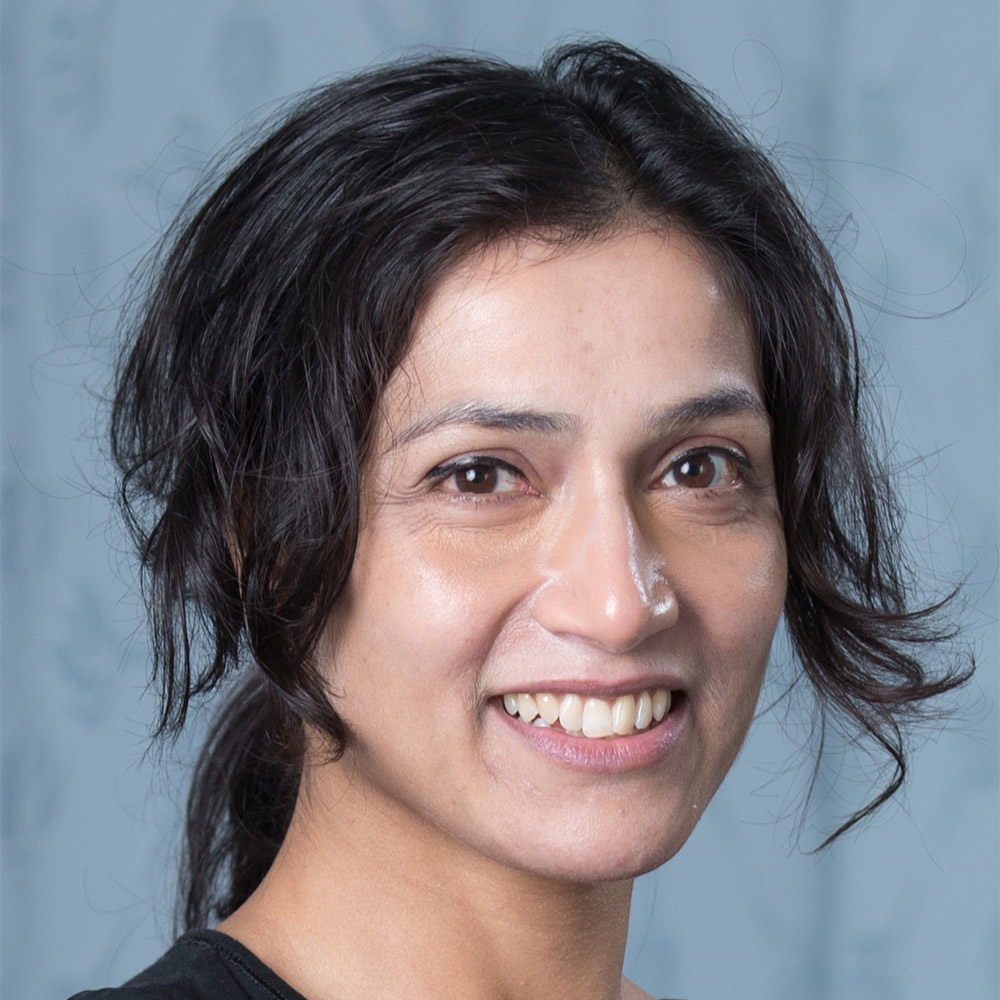Impact: Transforming perceptions of the Middle East
-
Tagged under
Human Rights
Global perspectives and challenges

Western perceptions of the Middle East are dominated by popular media stereotypes. Professor Shohini Chaudhuri has sought to change that. Using films from the region she has changed understanding, given underrepresented filmmakers a platform, helped them reach new and bigger audiences and influenced funding practices.
The challenge
“In the western world, when people think about the Middle East, all too often they think of terrorism, extremist Islam and repressive states. But that’s not representative of this region of the world which has such rich and varied cultures, people and histories,” explained Professor Chaudhuri, of the Department of Literature, Film, and Theatre Studies.
“I wanted to show people the lived experience of the Middle East from the perspective of the people who live there and reveal the creativity and ingenuity of filmmakers who are creating insightful artistic representations of the region under challenging, and sometimes dangerous circumstances.”
What we did
Professor Chaudhuri is a proponent of a new type of research, that is practice-based. Instead of only writing about films that challenge perceptions, she curated screenings and discussions so that people could see, hear and learn from voices from the Middle East.
Among the events that Professor Chaudhuri curated were film events at , followed by a two-month long film season and one-day public symposium - the latter in collaboration with Index on Censorship - at in London, as well as screenings at .
Knowing that films focusing on people’s lived experiences at times of crisis can alter conventional perceptions, for Amnesty International UK Professor Chaudhuri chose films that gave insider perspectives of marginalised communities. For The Mosaic Rooms season she highlighted problems in mainstream reporting on the Middle East and introduced Arab films offering more nuanced and subtle views. At NYU Abu Dhabi she developed a course for the core curriculum, accompanied by public screenings that introduced staff, students and the public to filmmaking under crisis and constraints in the Middle East.
When she returned to The Mosaic Rooms for the public symposium, Professor Chaudhuri wanted to explore, with filmmakers, the obstacles that often stand in their way, such as the stereotypical expectations of funders and festivals. She invited six filmmakers to present their films and discuss the challenges with funders and human rights defenders.
"The predominantly white, middle class cultural institutions in the West...must engage with the full significance of this form of censorship."
What we changed
Professor Chaudhuri’s screenings and discussions engaged over 10,250 people with audience surveys showing that people connected with what they saw. Audience members praised screenings for giving “eye opening” insights and for providing spaces that “didn’t presume a ‘Middle East states are repressive’ neo-colonial stereotype.”
Filmmakers from the region benefitted from the profile-raising opportunities. One director, whose film became the first Syrian film selected for the Best International Feature Film category at the Oscars, partly attributed that achievement to its inclusion at the NYU Abu Dhabi event saying it “assisted in increasing our film’s international outreach.”
The events revealed the extent and diversity of the challenges faced by filmmakers in the region, highlighting that western stereotypes, their impact on funding and distribution and the consequent self-censorship by filmmakers themselves, often posed a greater challenge than state censorship.
This has led to changes in policy and practice that will help filmmakers make the films they want to make.
The manager of one funding body, who took part in the public symposium at The Mosaic Rooms said: “The panel provided me with input that I used in the fine tuning of our selection procedure.”
Index on Censorship stated that it would change its policies to address the problem of filmmakers self-censoring in order to get their films made and distributed internationally. The organisation’s Associate Arts Producer said: “This form of constraint has to be acknowledged as a significant and pervasive factor.”
“The predominantly white, middle class cultural institutions in the West, including Index on Censorship…must engage with the full significance of this form of censorship,” they added.


